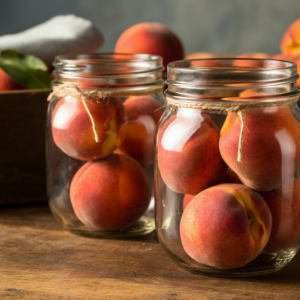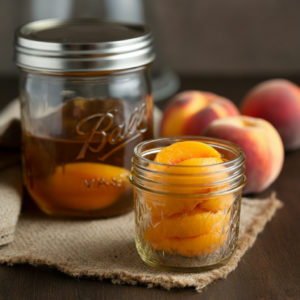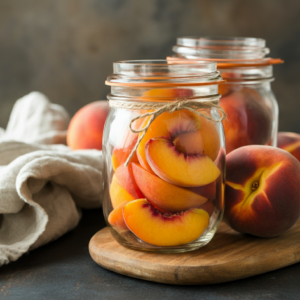Hey there, fellow readers! I’ve spent countless hours hunting for these awesome orange beauties, and today I’m sharing my tried-and-true methods for preserving chicken of the woods mushrooms. As someone who’s made every storage mistake possible (trust me, there were some moldy and nasty learning experiences), I’m here to help you avoid the same pitfalls
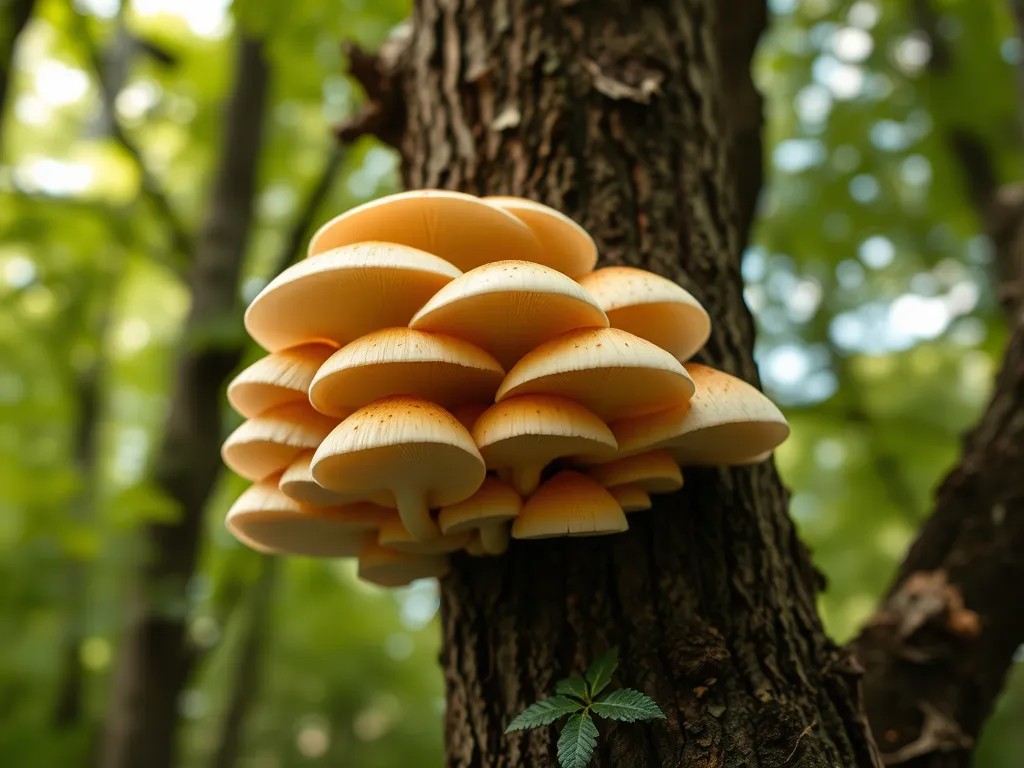
Essential Pre-Preservation Steps
Before we talk about preservation methods, let’s talk about proper preparation.But how exactly do you do that?
- Clean thoroughly but don’t wash until ready to use
- Trim away any tough or woody parts
- Check for bug damage
- Only preserve fresh, young specimens
- Cut into manageable pieces
Storage methods break down for you
1.Freezing (My Favorite Method)
If you’re planning on using it within the next few days, simply refrigerating it is your best bet. But, if you want to enjoy it later, preservation is key. Nonetheless I’ve found freezing to be the most reliable way to preserve these mushrooms. Here’s my process:
- Slice into 1/4-inch strips
- Sauté in butter for 5-7 minutes
- Cool completely
- pack in freezer bags, removing all air
- Label with date
- Store up to 6 months
Pro tip: I like to freeze them in portion-sized bags – it’s a game-changer for quick weeknight meals
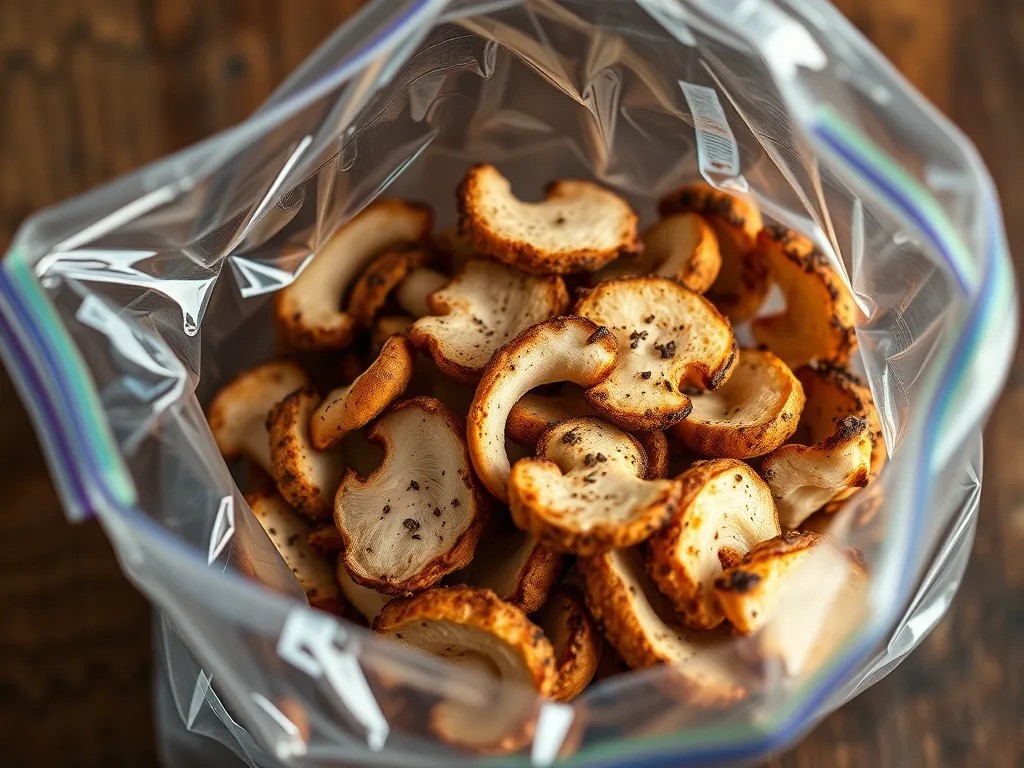
2.Dehydrating
Yes, chicken of the woods can absolutely be dried! While some folks claim it doesn’t reconstitute well, I’ve had great success using this method:
- Cut into thin, uniform strips
- Arrange on dehydrator trays
- Dry at 135°F for 4-6 hours
- Store in airtight containers
- Keeps for up to 1 year
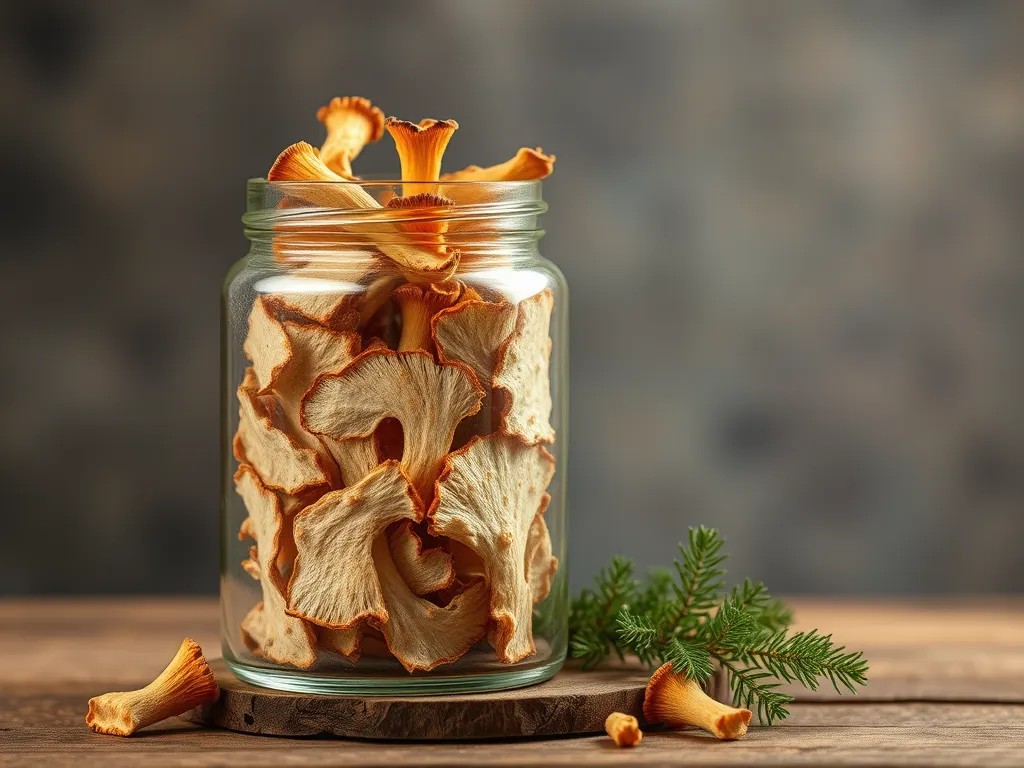
3.Pickling
This method adds a delicious twist to your preserved mushrooms
Basic Pickling Brine Recipe:
| Ingredient | Amount |
| Vinegar | 2 cups |
| Water | 2 cups |
| Salt | 2 tbsp |
| Sugar | 1 tbsp |
| Garlic | 2 cloves |
| Peppercorns | 1 tsp |
I Just Remembered The Salt Water Question
I often get asked about soaking chicken of the woods in salt water. While it can help remove bugs, I’ve found it can make the mushrooms waterlogged. Instead, I prefer a dry cleaning method using a mushroom brush
Keep in mind when not to eat these beauties
Before preservation, please make your mushrooms are,
- Not from toxic trees (eucalyptus, conifers)
- Young and tender
- Free from mold or decay
- Properly identified
- Harvested from clean areas
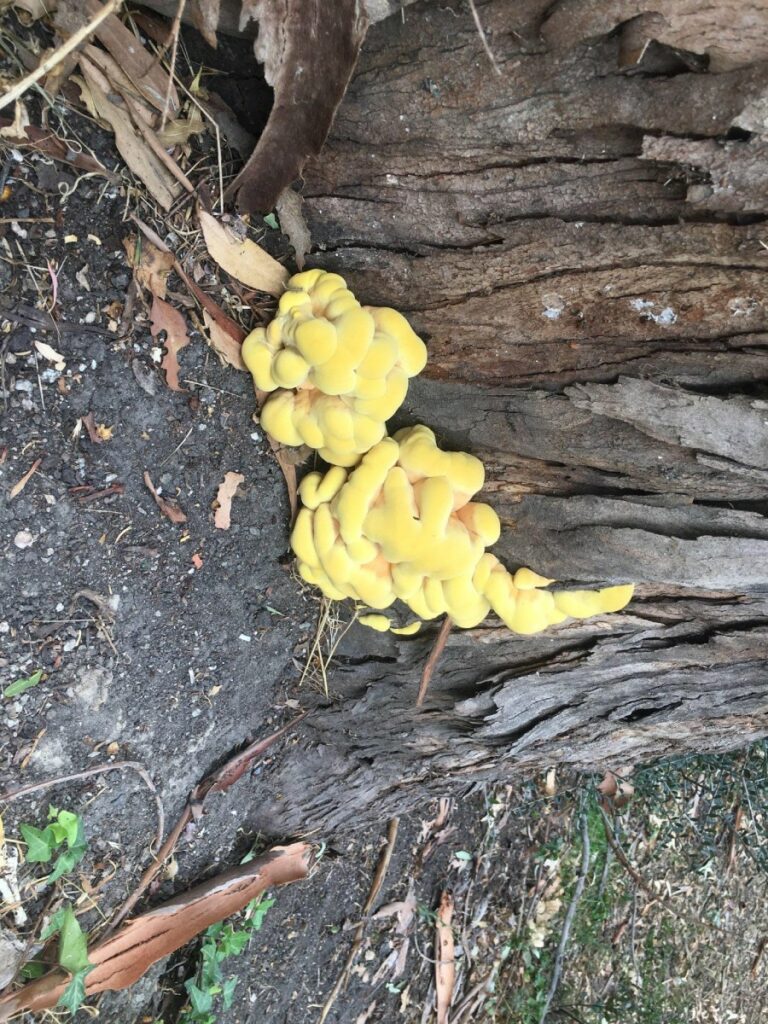
Here is a Basic Storage Duration Guide
| Method | Duration | Best Uses |
| Fresh | 5-7 days | Immediate cooking |
| Frozen | 6 months | Soups, stir-fries |
| Dried | 12 months | Reconstitute for stocks |
| Pickled | 3 months | Appetizers, garnishes |
My Expert Tips For Long Term Storage
Keep your preserved mushrooms in a cool, dark place. I learned this the hard way after storing dried mushrooms above my stove – spoiler alert: humidity and heat are not your friends!
For dried mushrooms, I always add a food-grade silica packet to the storage container. It’s a small step that makes a huge difference in preventing moisture buildup
Look for any signs of Mold growth , Off odors , Color changes , Moisture accumulation
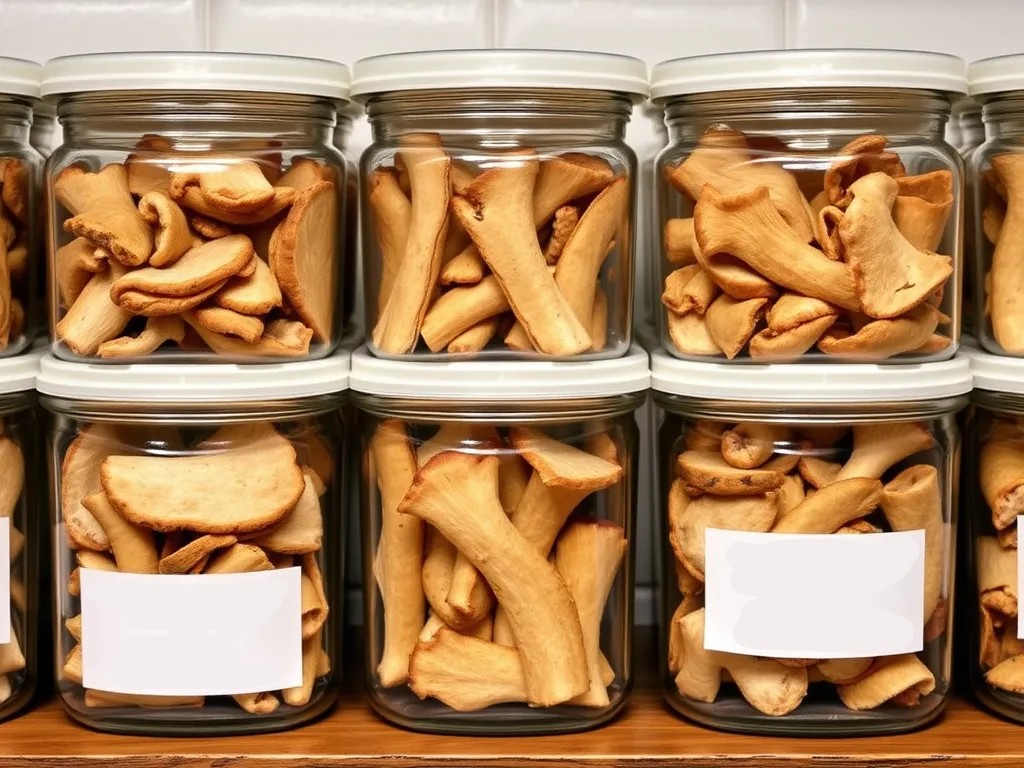
My Final Thoughts
The key to successfully preserving chicken of the woods lies in proper preparation and choosing the right preservation method for your needs. I’ve found that having a mix of preserved formats – some dried, some frozen, and maybe a jar of pickled ones – gives me the most flexibility in the kitchen.
Remember, always start with high-quality specimens and when in doubt, follow the golden rule of foraging: if you’re not 100% sure about identification or quality, don’t preserve it.
